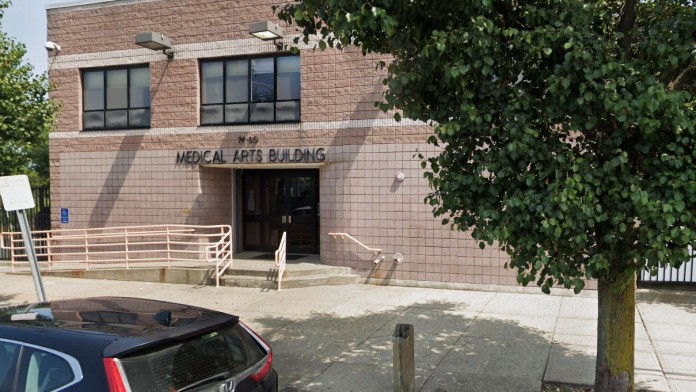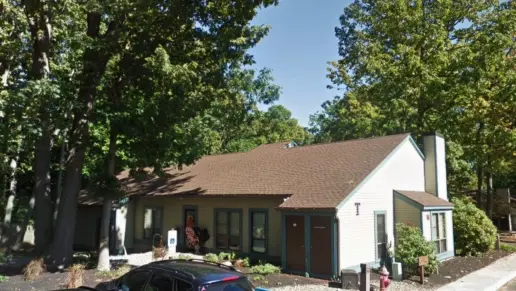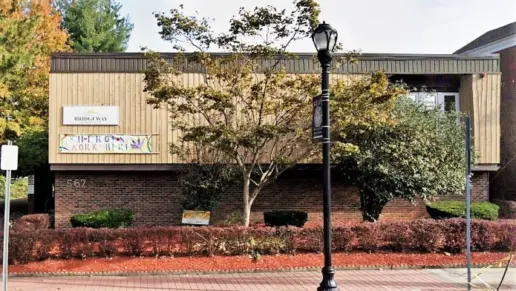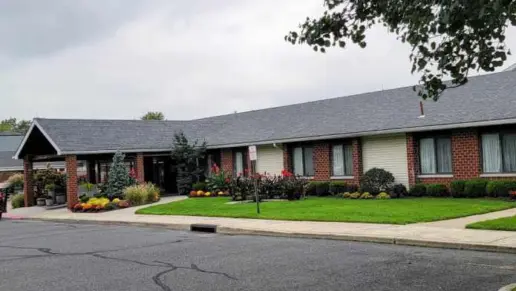About Spectrum Healthcare
Based in Jersey City, New Jersey, Spectrum Healthcare is a private, nonprofit, accredited facility specializing in outpatient addiction treatment services. Support is available to adults aged 18 and older based in and around Hudson County.
This center offers a full range of addiction recovery services including a short-term 30-day detox program to help clients get clean before committing to recovery. Here, clients can benefit from medically assisted detox using FDA-approved methadone or buprenorphine (Suboxone).
Once the detox phase is complete, following assessments and evaluations, clients will be guided toward a level of care that best suits their needs.
Their intensive outpatient (IOP) program involves a range of beneficial services like addiction education for clients’ families, access to Alcoholics Anonymous (AA) and Narcotics Anonymous (NA) support groups, and medication-assisted treatment (MAT) where deemed necessary. MAT uses a range of approved medications to support clients in managing withdrawal symptoms and cravings, including methadone, buprenorphine (Suboxone), and naltrexone (Vivitrol).
Medication maintenance services are also available for individuals who may benefit from longer-term prescriptions. Individual and group therapy sessions are also available as part of IOP, alongside case management services, relapse prevention, assertiveness, and stress and anger management training sessions.
The center also provided a specialized women’s IOP featuring similar treatment methods as standard IOP. However, services focus on common women’s issues including parenting, domestic abuse, self-esteem and mental health.
Transport for individuals who may have difficulty commuting in for appointments can be arranged with the center’s staff. Referrals can also be made for individuals who need further community support services like disability aid, support finding safe and stable shelter and employment or financial and other practical support.
Rehab Score
Gallery

Location
Other Forms of Payment
Medicaid is a state based program that helps lower-income individuals and families pay for healthcare. Medicaid covers addiction treatment so those enrolled can use their coverage to pay for rehab. When a program accepts Medicaid the client often pays very little or nothing out of their own pocket.
Self-pay involves paying for treatment out of your own pocket. You can use savings or credit, get a personal loan, or receive help from family and friends to fund your treatment. If you don't have insurance or your insurance plan doesn't cover a specific program, self-pay can help ensure you still get the care you need.
Financial aid can take many forms. Centers may have grants or scholarships available to clients who meet eligibility requirements. Programs that receive SAMHSA grants may have financial aid available for those who need treatment as well. Grants and scholarships can help you pai for treatment without having to repay.
Addiction Treatments
Levels of Care
Treatments
The goal of treatment for alcoholism is abstinence. Those with poor social support, poor motivation, or psychiatric disorders tend to relapse within a few years of treatment. For these people, success is measured by longer periods of abstinence, reduced use of alcohol, better health, and improved social functioning. Recovery and Maintenance are usually based on 12 step programs and AA meetings.
Drug rehab in New Jersey is the process of addressing the complex issues involved with addiction. Challenges are identified and addressed through individual and group counseling. Participants learn how to manage these issues without the use of substances.
Many of those suffering from addiction also suffer from mental or emotional illnesses like schizophrenia, bipolar disorder, depression, or anxiety disorders. Rehab and other substance abuse facilities treating those with a dual diagnosis or co-occurring disorder administer psychiatric treatment to address the person's mental health issue in addition to drug and alcohol rehabilitation.
Opioid rehabs specialize in supporting those recovering from opioid addiction. They treat those suffering from addiction to illegal opioids like heroin, as well as prescription drugs like oxycodone. These centers typically combine both physical as well as mental and emotional support to help stop addiction. Physical support often includes medical detox and subsequent medical support (including medication), and mental support includes in-depth therapy to address the underlying causes of addiction.
Substance rehabs focus on helping individuals recover from substance abuse, including alcohol and drug addiction (both illegal and prescription drugs). They often include the opportunity to engage in both individual as well as group therapy.
Programs

Clinical Services
Group therapy is any therapeutic work that happens in a group (not one-on-one). There are a number of different group therapy modalities, including support groups, experiential therapy, psycho-education, and more. Group therapy involves treatment as well as processing interaction between group members.
Accreditations

The Substance Abuse and Mental Health Services Administration (SAMHSA) is a branch of the U.S. Department of Health and Human Services. Established in 1992 by congress, SAMHSA's mission is to reduce the impact of substance abuse and mental illness on American's communities.
SAMHSA Listed: Yes
Contact Information
74-80 Pacific Avenue
Jersey City, NJ 07304


